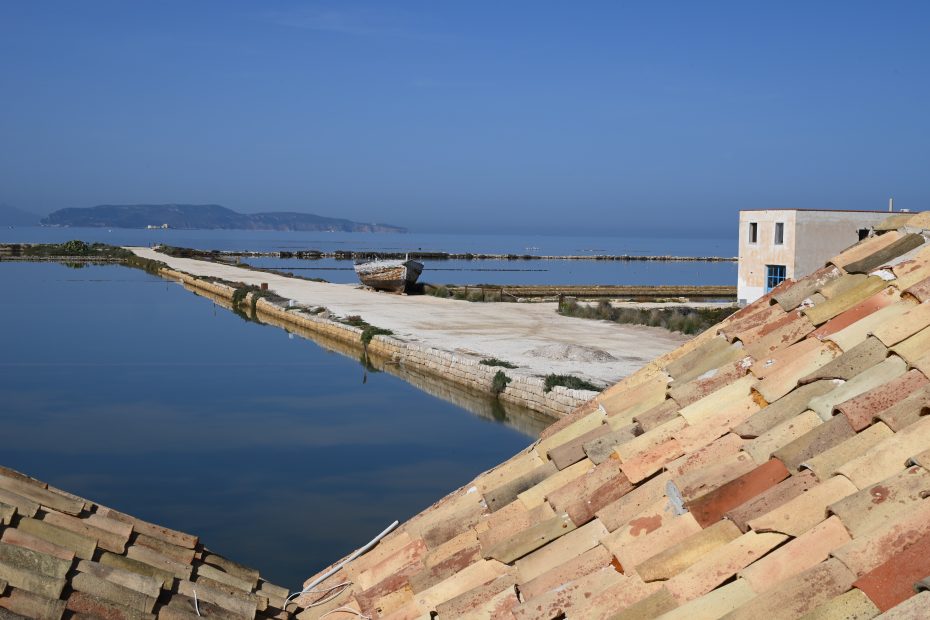Nubia is a region along the Nile river in northern Sudan and southern Egypt, steeped in a rich cultural heritage spanning thousands of years. Join me as we journey into this fascinating land and get a taste of vibrant Nubian culture.
Table of Contents
Introduction to Nubia
Nubia has a long and storied history, with evidence of human settlement dating back to prehistoric times. The region was home to several prominent ancient kingdoms, including Kerma and Kush. Over the centuries, Nubia was invaded by the Egyptians, Romans, Ottomans and British. Despite these tumultuous power shifts, Nubia developed a unique culture that has endured.
Geographically, most of Nubia falls within present-day Sudan. It stretches along the Nile from Aswan in southern Egypt to Khartoum in Sudan. Major Nubian cities include the Sudanese capital Khartoum, Dongola and Wadi Halfa. The northern section overlaps with southern Egypt.
Nubian People and Culture
Nubia is home to various ethnic groups, including Nubians, Arabs, Beja and Northern Sudanese tribes. Many Nubians speak regional languages like Nobiin and Kenuzi-Dongola. Arabic and English are also widely used.
Nubian culture is known for its vibrant colors, patterns and jewelry. Traditional clothing often features bright hues and embroidered designs. Distinctive Nubian jewelry includes large gold earrings and necklaces adorned with beads, amulets and crosses. Henna tattoos are another decorative tradition.
Music and dance play a central role in Nubian culture. The tanbura lyre is a signature Nubian instrument, providing melodies for traditional songs and dances. Upbeat rhythms get people dancing at weddings and other celebrations.
Culinary influences include Middle Eastern, African and Nilotic cuisines. Staple ingredients include rice, vegetables, herbs and legumes. Popular dishes like kisra bread, ful medames stew and shahan ful testify to the diverse flavors.
Nubian architecture reflects both indigenous elements and external influences. Grand temples honoring Egyptian pharaohs mingle with ancient pyramids, Christian churches and Islamic mosques. Traditional Nubian homes are colorful round structures with domed roofs.
Top Attractions in Nubia
Nubia entices visitors with its wealth of historical sites spanning millennia. Here are some highlights:
The Temples of Abu Simbel, carved out of rock cliffs, are among Egypt’s most magnificent monuments. These massive temples honor Pharaoh Ramses II and his queen Nefertari.
Jebel Barkal is a sacred mountain shaped like a pinnacle, once worshipped in ancient times. It is home to temple ruins and was part of the Napatan kingdom.
Meroë was an ancient Nubian capital and site of over 200 pyramids. This vast necropolis sheds light on Nubia’s Kingdom of Kush era.
Nuri is home to the largest collection of pyramids in Sudan, containing around 70 royal pyramids. This was the royal necropolis of the Kingdom of Kush.
Old Dongola was an important medieval Nubian city and capital of the Christian kingdom of Makuria. Its striking churches and ruins tell of Nubia’s Christian period.
Kerma was one of Nubia’s earliest kingdoms, its ruins inhabited from 2500 BC to 1500 BC. Artifacts here reveal Kerma’s advanced civilization.
The National Museum of Sudan in Khartoum houses the world’s largest collection of Nubian antiquities. Highlights include artifacts from ancient kingdoms.
Experience Nubian Village Life
Beyond historical sites, Nubian village life offers visitors a unique cultural immersion.
Villagers follow daily rhythms tending to farms, livestock and households. They bake traditional kisra bread in outdoor ovens and craft goods like baskets and pottery. Colorful markets sell local wares, produce and snacks.
Nubians warmly welcome guests into their homes. Visitors can participate in traditions like henna painting and savor homecooked meals. Joining festivals reveals celebrations through food, music and dance.
By engaging with everyday life, you’ll gain perspective into traditions behind Nubian perseverance and hospitality.
Travel Tips for Visiting Nubia
To fully experience Nubia’s riches, here are some helpful tips:
The dry winter from November to February is the ideal time to visit. Summer’s extreme heat should be avoided.
Modes of transport include planes, buses, river cruises and feluccas (traditional sailboats). A tour can smoothly coordinate logistics.
Staying in Nubian villages offers cultural immersion. Eco-lodges and hotels in cities like Aswan provide comfort.
Pack sun protection, modest lightweight clothing, and hiking shoes for temple explorations. Respect local dress codes.
Learning some Arabic phrases can help you interact with locals. Travel with an open mind and curiosity.
Conclusion
Nubia’s grandeur as an ancient crossroads civilization persists through its modern descendants. By discovering Nubia’s friendly people, delicious cuisine, vibrant handicrafts and vast historical treasures, you’ll be rewarded with an unforgettable experience. Let its cultural splendor move and surprise you. I hope this foray into Nubia has sparked your interest to venture into this captivating region.
FAQs about Visiting Nubia
What is the best way to travel between key sites in Nubia?
The Nile River cruise is a popular way to conveniently travel between key sites in Egypt and Sudan. Feluccas boats and charter flights between Aswan and Abu Simbel are other options.
What kind of clothing is recommended for respectful dressing in Nubia?
Modest, loose-fitting clothing that covers shoulders and knees is recommended, especially when visiting mosques and local communities. Bring clothing suitable for hot weather.
What types of Nubian handicrafts should visitors look to purchase?
Popular Nubian handicrafts to buy include baskets, pottery, colorful textiles, leather goods, gold jewelry, and wood carvings.
Where can visitors experience authentic Nubian music and dance?
Festivals, village celebrations, and cultural shows at hotels offer opportunities to experience Nubian music, singing, and dancing. Cruise ships often have Nubian musical performances.
What essential items should visitors pack for a trip to Nubia?
Pack sun protection, proper footwear for temples, modest lightweight clothing, basic medications, camera, chargers, flashlight, and cash for handicraft purchases and tips.
